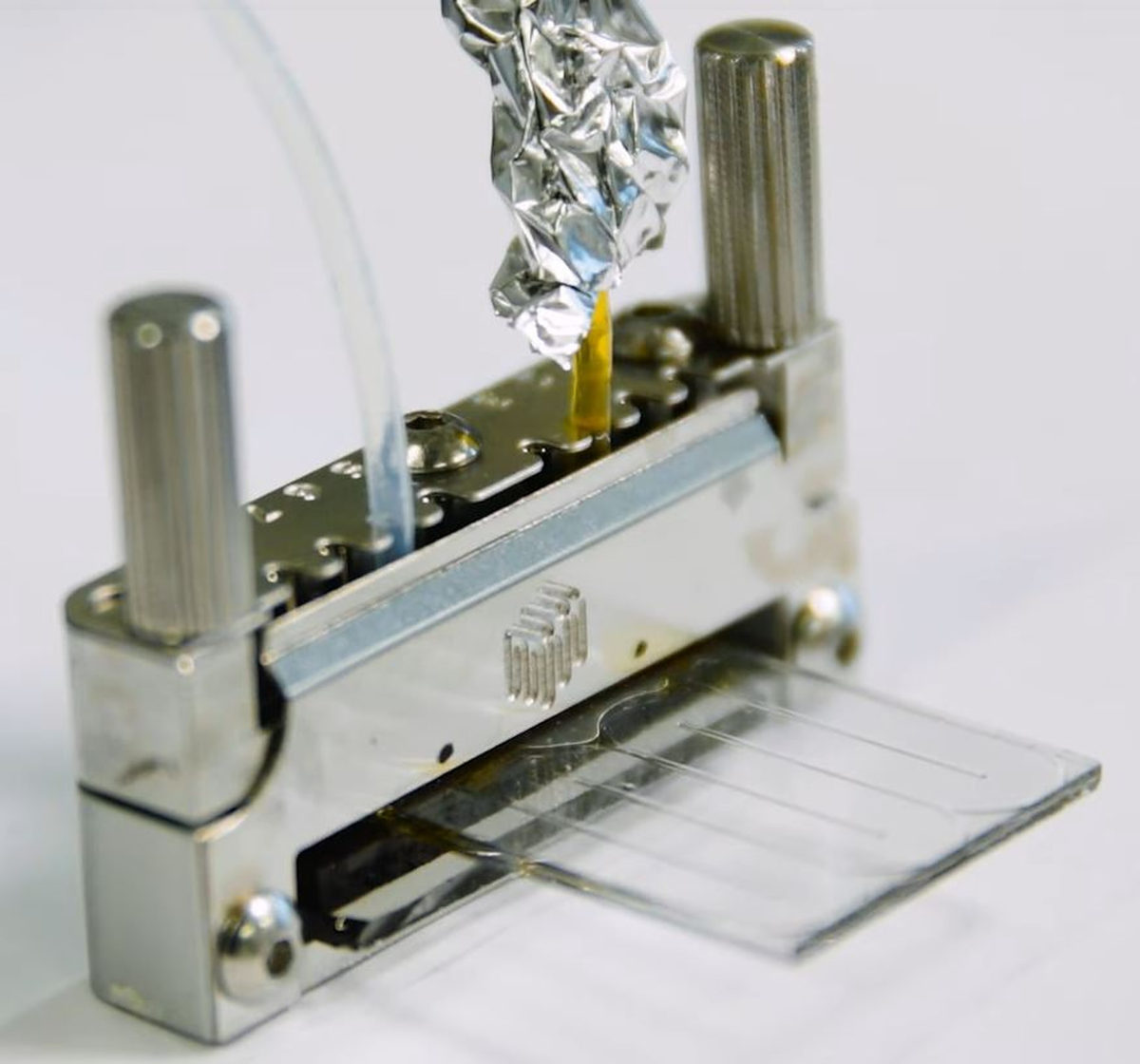A Chinese-Swedish research team has developed an energy system that is claimed to be able to store solar energy as chemical energy for up to 18 years. The generator is described as the combination of a Molecular Solar Thermal Energy Storage System (MOST) with a micro-fabricated system combining a thermoelectric generator (TEG) with a low-dimensional material-based microelectromechanical system (MEMS). The MOST device stores solar energy as chemical energy and then releases it as heat that the MEMS-TEG system turns into electricity.
“The generator is an ultra-thin chip that could be integrated into electronics such as headphones, smartwatches and telephones. So far, we have only generated small amounts of electricity, but the new results show that the concept really works. It looks very promising,” said researcher Zhihang Wang.
The MOST device was built with 572 thermoelectric (TE) modules with TE films measuring 1 μm in thickness and a specially designed molecule of carbon, hydrogen and nitrogen. When it is hit by sunlight, the molecule changes shape into an energy-rich isomer described by the scientists as a molecule made up of the same atoms but arranged together in a different way.
“The isomer can then be stored in liquid form for later use when needed, such as at night or in winter,” the researcher stressed, noting that the system has a solar energy storage efficiency exceeding 0.70%. “A specially designed catalyst releases the saved energy as heat while returning the molecule to its original shape, so it can then be reused in the heating system.”
According to the research group, the generator is able to produce a power output of up to 0.1 nW, which corresponds to a power output per unit volume up to 1.3 W m−3. “The device continuously generated electricity, for the first time, for over 25 minutes,” they further explained. “Our results demonstrate that such a molecular thermal power generation system has a high potential to store and transfer solar power into electricity and is thus potentially independent of geographical restrictions.”
The device was introduced in the study Chip-scale solar thermal electrical power generation, published in Cell Reports Physical Science. The research group is formed by scientists from the Chalmers University of Technology in Sweden as well as the Shanghai Jiao Tong University and the Henan Polytechnic University in China. “A lot of research and development remains before we will be able to charge our technical gadgets or heat our homes with the system's stored solar energy,” Wang stated.
This content is protected by copyright and may not be reused. If you want to cooperate with us and would like to reuse some of our content, please contact: editors@pv-magazine.com.




Wow! 100 picowatts. 0.7% efficiency. 1.3W/cubic metre.
I won’t be holding my breath while they scale that up by quite a few orders of magnitude.